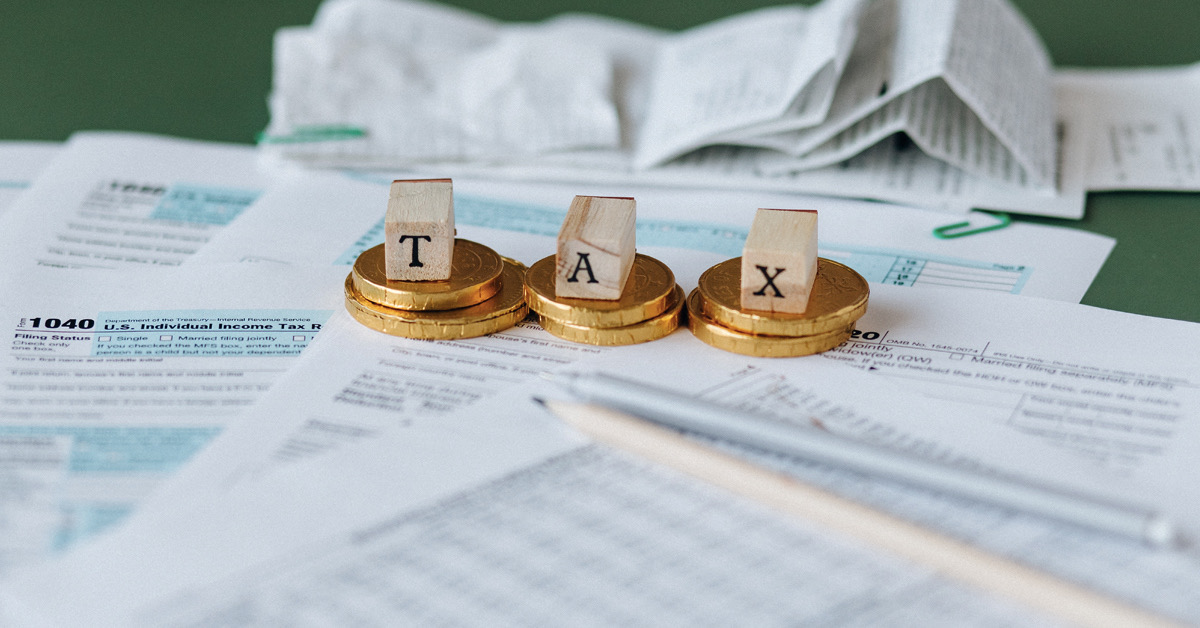ⓘ Featured image Credits: Pexels
We are used to relying on the state and demanding a lot from it, although we ourselves do not notice how we sabotage its work. According to a report by Tax Policy Center, over 100 million US households, or 61% of all taxpayers, paid no federal income taxes in 2020.
Tax defaulters are freeloaders and thieves
The official number of unemployed Americans is 10.1 million. Some of them simply hide their income. That’s how a lot of taxes are passed by the government.
Entrepreneurs also evade paying taxes, and the largest businesses divert money to offshore companies and devise obscure schemes.
It is somehow unfair: everyone benefits from public goods, but only part of society pays for them. The rests are freeloaders and thieves who live at the expense of their honest fellow citizens.
The state doesn’t give me anything! Why do I have to pay for it?
We are used to comfort in everyday life and treat it as a given: asphalt on the roads, light, and warmth in the apartment, schools, and kindergartens. Every day we walk along well-maintained embankments and parks, and we are not afraid that on the way home we will be robbed in a back alley. Few people think about where comfort and security come from.
There are some states with no income tax, where you only have to pay federal taxes. These include:
- Alaska
- Florida
- Nevada
- South Dakota
- Texas
- Washington
- Wyoming
Roads will not build themselves, and teachers in schools will not work for free. It all takes money. This is why the inhabitants of the country contribute to a common basket in order to obtain a certain set of public goods. It turns out that taxes are not needed by the state, but by ourselves.
What do my taxes go for, anyway?
Let’s find out!
So, what is charged on a worker’s paycheck in the United States?
- Federal Income Tax
- State Income Tax
- Social Security Tax – Social Security Fund, paid on the employer side
- Medicare – medical fund, paid on the employer’s side
1. Federal income tax
The country has a progressive tax rate from 10% to 37%, depending on the amount of annual income. Those who work unofficially or receive part of their salary in an envelope avoid paying this tax. It goes entirely to the state where you work.
The state, in turn, spends it according to its needs: building and repairing roads that are to be repaired this year, financing preschool education, buying medical equipment and ambulances, fixing roads, etc.
When we do not pay taxes on our income, we suffer first and foremost: the region in which we live receives less money and can do less with it. This is where most of the problems come from.
2. State Income Tax
This is also income tax, but it is paid to the state where you are a resident.
As with the Federal Income Tax: If you work for your employer, your employer may pay this tax on your behalf by giving you a clean paycheck. If you are self-employed, you have to pay this tax yourself at the end of the year.
This tax varies from state to state:
- Somewhere it is non-existent (in 8 states, including our Texas)
- Somewhere it is fixed, and somewhere it is progressive
3. Social Security tax
This tax provides for the federal retirement program and the program for the disabled and unemployed.
This tax is not calculated on your taxable income, but your entire paycheck, before you pay anything, and is 4.2% of your paycheck. It’s usually paid for by your employer, and you don’t have to worry about it in any way. It is worth mentioning that your employer must also pay 6.2% of your salary in tax.
If you are self-employed, you have to pay 10.4% Social Security Tax, for both you and your “employer”.
4. Medicare
This is the federal program for affordable health care for poor and elderly people. Like the Social Security Tax, it is deducted from your full paycheck and is 1.45%. The same burden – 1.45% – is added to your employer’s taxes.
And if you are self-employed, you pay Medicare Tax in total: 2.9% of your income.
Over to you
We certainly believe that this guide is a great resource for both taxpayers and non-taxpayers in the US. Whether or not you are a taxpayer, it is important to be informed about the benefits of paying taxes.






